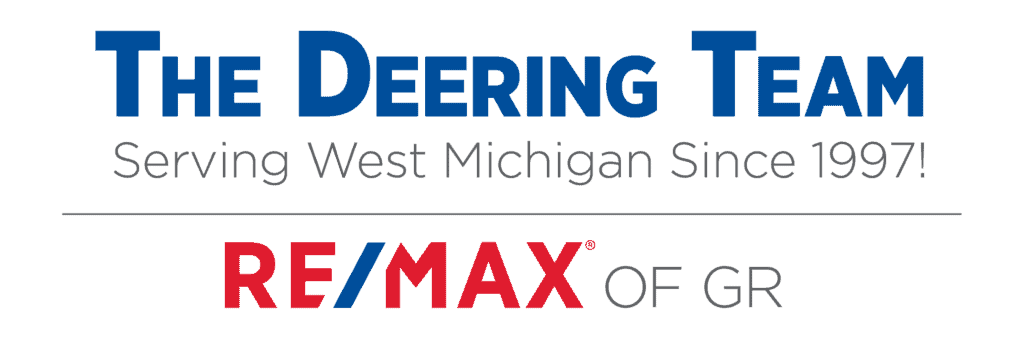What Agents Consider When Pricing Your Home
Although there is a great deal of information on the Internet that can help you decide how to set the price on your house, it takes a real estate professional to evaluate the data to your best advantage. A deep knowledge of your surrounding area and current market conditions is a big part of an agent’s expertise, and their sales experience working with many different clients gives them valuable insight into the psychology of buyers.
Finding the right price for your home is vital if you expect a quick sale. If potential buyers think your property is overpriced, they may move on, leaving your home on the market too long. A house that sits without an offer in the first two or three weeks will lead buyers to speculate why it hasn’t sold and assume there are problems. Studies show that homes priced 10% above market value are far less likely to sell within the first 30 days than those priced within 5% of market value.
Of course, if you price the home too low, you will probably be leaving money on the table. In either case, a real estate agent can help you find the sweet spot to price your property correctly the first time and make your sale as quickly and painlessly as possible. Here are the things to consider:
Sales History of the Area
Your agent will pull comparable listings and sales from your immediate neighborhood for the past three months. The radius of the search will be about ¼ to ½ mile from your home. Pay attention to dividing lines such a highways or other major dividing streets. Comps from “the other side of the track” will not apply to your home. The comps will only be effective when comparing apples to apples, including age of the property, square footage, and desirability (dream homes might be able to tack on a premium). Other considerations include lot size and configuration, amenities and upgrades. Your agent can also compare final sales prices against original list prices.
Check Out Your Competition
Your agent can find out the details on pending sales in your neighborhood and how long these homes have been on the market. Take a careful look at the active listings as well. Remember that sellers can ask whatever they like, so the prices you see might not reflect the final sales amount. Tour the homes if possible to experience what buyers will find when they visit. Your agent will help you evaluate what makes your home preferable to these and adjust your asking price accordingly.
Market Trends and Micro Trends
Your agent will consider national, regional and local market trends when setting the price for your home. National factors could include possible rising interest rates. Locally, consider whether sales prices in your neighborhood have been rising or falling. Micro trends are changes that could directly affect your neighborhood. For example, is a new shopping center or park being built nearby? These sorts of things can increase the value of your home.
Be Aware of Your Immediate Neighbors
Even the most luxurious house can be adversely affected if the people living across the street never mow the lawn or have a fence that is falling down. On the other hand, if they have a lovely garden and pristine curb appeal, that could help you as you determine the asking price for your home.
Your agent will be invaluable to you as you evaluate all of these details. Working with a reputable, experienced agent will make all the difference as you negotiate the entire sales process. Lean on your agent to guide you successfully to set just the right price and meet your goal for the sale of your home.
